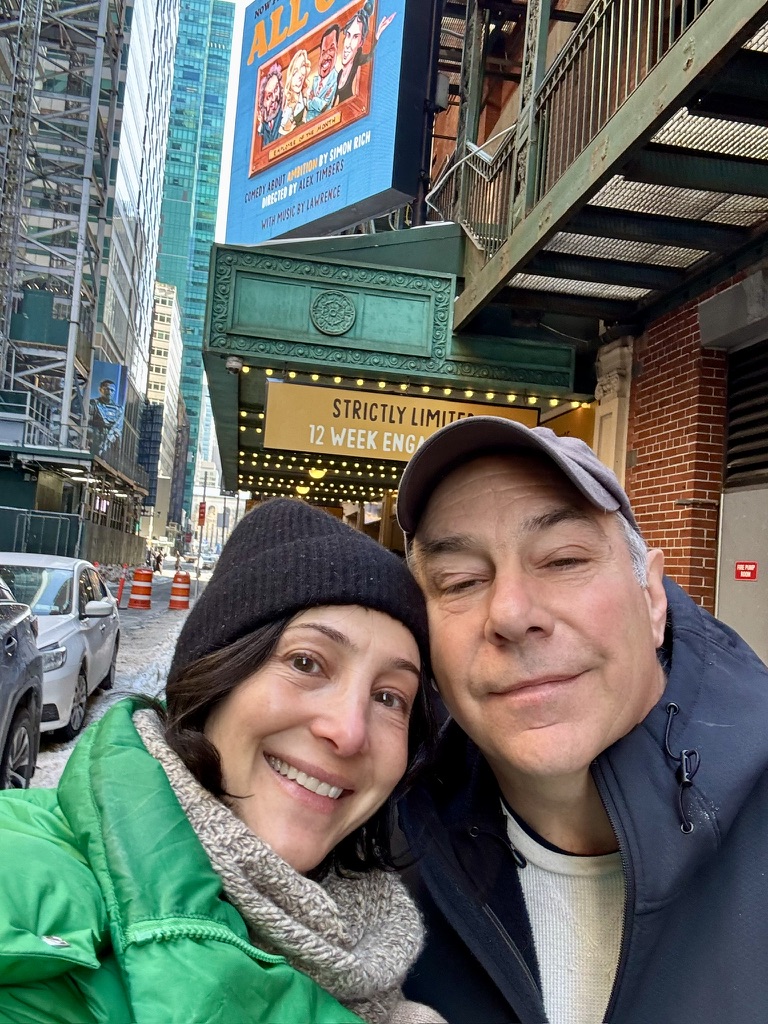A couple of nights ago, when I wasn’t hacking up a lung, I attended the Briarwood and Beyond Book Club meeting where Something Missing was the book being discussed. I’ve attended several book clubs over the past few months, and this one was especially fun. About a dozen enthusiastic women, some of whom I already knew, were anxious to talk about the book, the publishing industry, the writing process, and more. The members had written down questions before my arrival, but even with the cards in hand, the questions came fast and furious.
And I was asked some fascinating questions:
Is there anything about Martin that I did not like?
Was the process of writing Something Missing therapeutic in terms of my PTSD?
How does Martin feel about his mother?
We spoke at length about the book, specifically about Martin, and there was much debate over whether or not he is a hero. Some found Martin to be more creepy and selfish than genuinely heroic, while others actually wished that they could be one of his clients.
One woman in particular seemed to have an actual crush on my protagonist.
The conversation later turned to my writing process, specifically how I manage to teach, write, own a business, care for my baby daughter, and accomplish all the other things I manage to do with just twenty-four hours a day. This is a question that I get a lot, considering how much I do, and my answer is often the same:
I don’t sleep much, and I’m very efficient.
Efficiency is also a hallmark in Martin’s life, and so began a discussion about how mundane decisions like opening email only when you are prepared to respond and delete and changing your clothing beside the hamper to avoid having to move dirty clothing twice can add up to genuine time savings. Having worked at McDonald’s for almost a decade, I learned the importance of routine and eliminating unnecessary steps. As a result, I honestly believe I am more efficient than most.
But efficiency is difficult to codify. Some have suggested that I simply process information quickly. Others have posited that I prioritize effectively. Some have even attributed efficiency to my willingness to delegate, embrace of minimalism, and high energy level. While all this may contribute to my ability to accomplish much in a short period of time, I often think that routine and the elimination of unnecessary steps in the most mundane of tasks help the most.
So it was no surprise when I refused the offer for coffee later in the night since coffee is the least efficient of all drinks. In addition to not liking its taste (I think… I’ve never tasted it), I think coffee is a pain in the ass. Elysha accused me of feeling this way because I wouldn’t say I like the substance, but this is untrue. I hate broccoli, but I don’t think it’s a pain in the ass.
The problem with coffee begins with a coffee drinker’s preference for a specific brand of coffee. On any given Sunday morning, Elysha and I can drive past a dozen different places that sell coffee and still not arrive at the one place that will satisfy her craving. It seems silly to a non-coffee drinker that this magically addicting drink can be so tasty in one location yet so undesirable in another. Honestly? It’s coffee. It comes from the same damn plant. How can it be so good in one place and so bad in another?
Of course, once you’ve arrived at your ideal location, things aren’t necessarily good. Coffee requires an arsenal of accouterments, and missing even one can throw this perfect blend of goodness into disaster. Does the coffee house have Equal or Splenda? Sweet and Low or just plain sugar? Is the cream 1% or 2%? Do they have whole milk? If you are missing just one of these vital ingredients, which seem to be in constant flux, the entire coffee experience can be ruined.
And the choices that need to be made are just outrageous. When I order coffee for Elysha at Starbucks, I have to ask for a medium vanilla latte, 2 percent sugar-free. I can think of no other food product that I order that requires this much specificity. And I’ve been told that this is a relatively simple order. I could be answering questions about foam/no foam and whether I want 1 or 2 shots of more than a dozen different syrups. Or about whipped cream and caramel or a hundred other things. It must take months of experimentation for a coffee drinker to discover what they actually like.
Lastly, as a non-coffee drinker, I am continually discriminated against. I can’t tell you how often I’ve been at a meeting or driven by a rest stop offering free coffee but no soda, juice, or water. The assumption is that everyone drinks coffee, but a little less than a quarter of all Americans do not.
Including me.
I simply do not have time for it.


